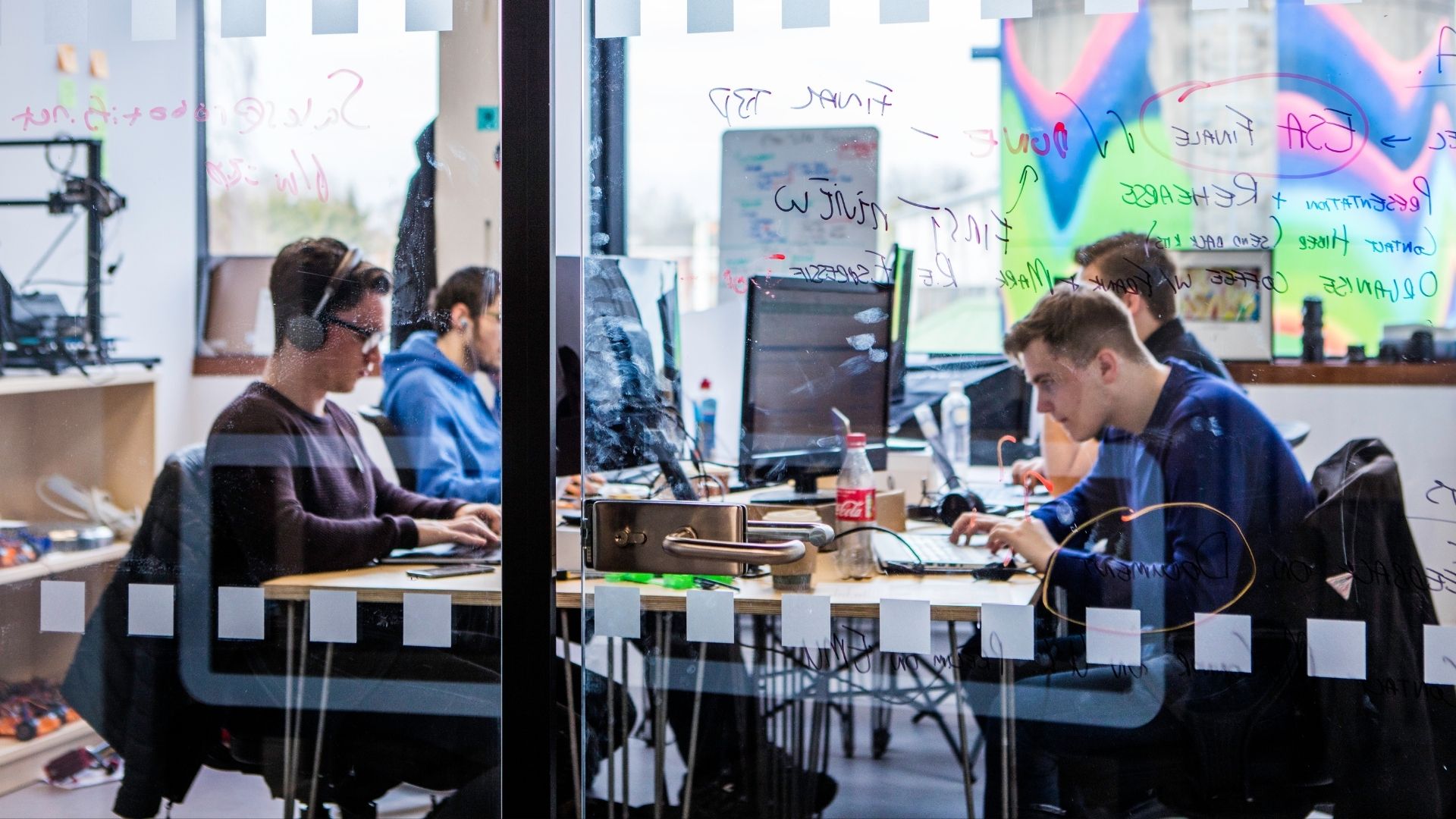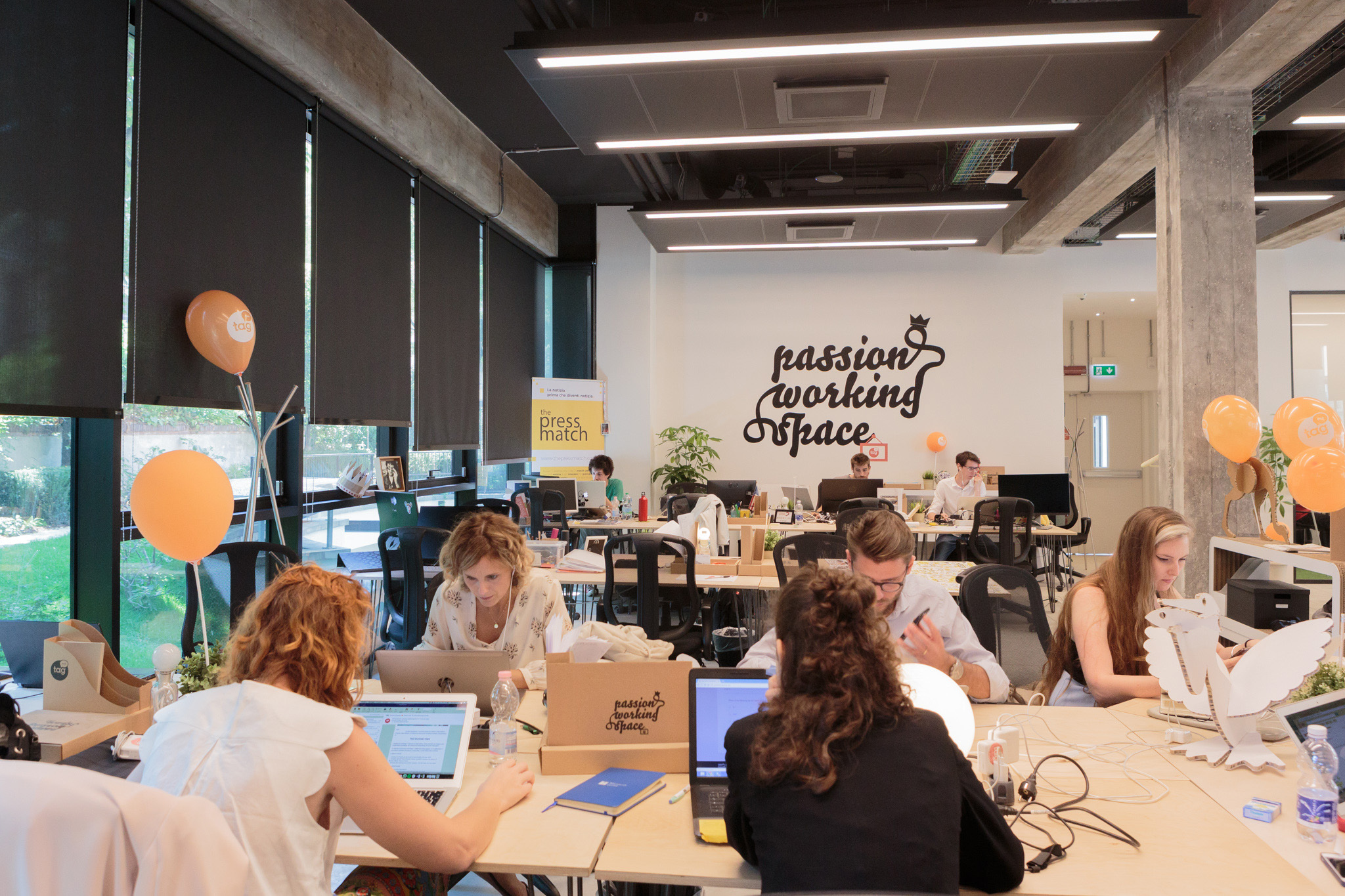Startup
2
min read
Five Cybersecurity Mistakes Startups and Small Businesses Make


Don't you want to read? Try listening to the article in audio mode 🎧
There are tons of articles out there that focus on cybersecurity for small businesses, but it's important to remember that the cybersecurity landscape is always shifting. Best practices from just two years ago may simply be outdated now.
However, what continues to hold true is the fact that data breaches can hit practically any organisation, no matter how small. The Wall Street Journal reports that consumer groups around Europe are now starting to file class-action lawsuits because of data breaches, particularly against British Airways and Marriott.
To keep your company from falling victim to a data breach, double-check to make sure you aren't committing these five cybersecurity mistakes.
1. Not knowing how much data you have
You can't begin to protect your data without knowing just how much of it you have. The fact of the matter is that working with big data is cited by Verizon Connect as part and parcel of business operations nowadays. Data visualisation tools have risen in popularity precisely because they help businesses make sense of all the data that they possess. Customer e-mails, service requests, social media engagement — these are all data points that your company produces.2. Skipping on employee training
Your employees are your biggest cybersecurity threat. A recent study from researchers in Croatia shows that the "people risk" behind data breaches remains high, especially with the rise of remote work policies. Although employee negligence can never be fully accounted for, businesses can do their part to ensure that the necessary training is at least made available for employees. This training could cover the importance of using strong passwords, securing private internet connections when working at home etc.3. Forgetting to update your antivirus software
Antivirus software is a necessary investment for any business, but this investment will be for nothing if your software isn't updated. As mentioned previously, cyberattacks are evolving practically by the hour. Tech companies have dedicated teams that work to make sure these data breaches are nipped in the bud, which is why your antivirus software might ask for frequent updates. It may be a mundane task, but the payoffs when it comes to security and peace of mind are huge.4. Neglecting frequent back-ups
Back-ups and updates are two key factors when it comes to great digital hygiene. If you're working with a trusted cloud provider, the good news is that they should be backing your files up on their end as well. Of course, it still pays to cover your bases — externally backing up your files on a hard drive is also a very good practice.5. Keeping your information open to all team members
You'll want to make sure your data is secured on a need-to-know basis. Our post on the 7 Technology Trends of the Next Decade highlights that automated processes are going to be a key component for businesses, which means that there will be lots of sensitive information floating around your business apps and tools. Restricting access to this information (yes, even from your IT team) minimises risk across the board. With consumers now more data-savvy than ever, it's up to companies to look after their own cybersecurity. Steering clear of these five mistakes is a good start when it comes to making your business as secure as it can be. Article written by Rebecca Julian Exclusively for talentgarden.org
Article updated on: 09 August 2023

Don't Waste Your Talent. Turn It Into a Career With a Course That Fits Your Needs!
Talent Garden is your Digital Skills Academy, offering courses in Digital Marketing, UX Design, Digital HR and Data Analysis designed to launch your career.
Keep reading

2
min read
Digital and data: the future of Cybersecurity experts
The Cybersecurity market is set to grow: as a result, we can expect to see a boom in jobs for cybersecurity experts in ...
Talent Garden
13/12/2021

7
min read
The Most Important Trends in Artificial Intelligence: What You Need to Know
"Artificial Intelligence is the Future!"
Talent Garden
12/06/2024

6
min read
How to structure a B2B Marketing campaign
B2B (Business to Business) marketing is a kind of communication that addresses not the final customers, but other ...
Talent Garden
17/11/2021

4
min read
Empowering Danish B2B SaaS Startups entering the Israeli Market
B2B SaaS stands for Business to Business Software as a Service. So far, so good. But why is it that startups within ...
Talent Garden
07/10/2020
